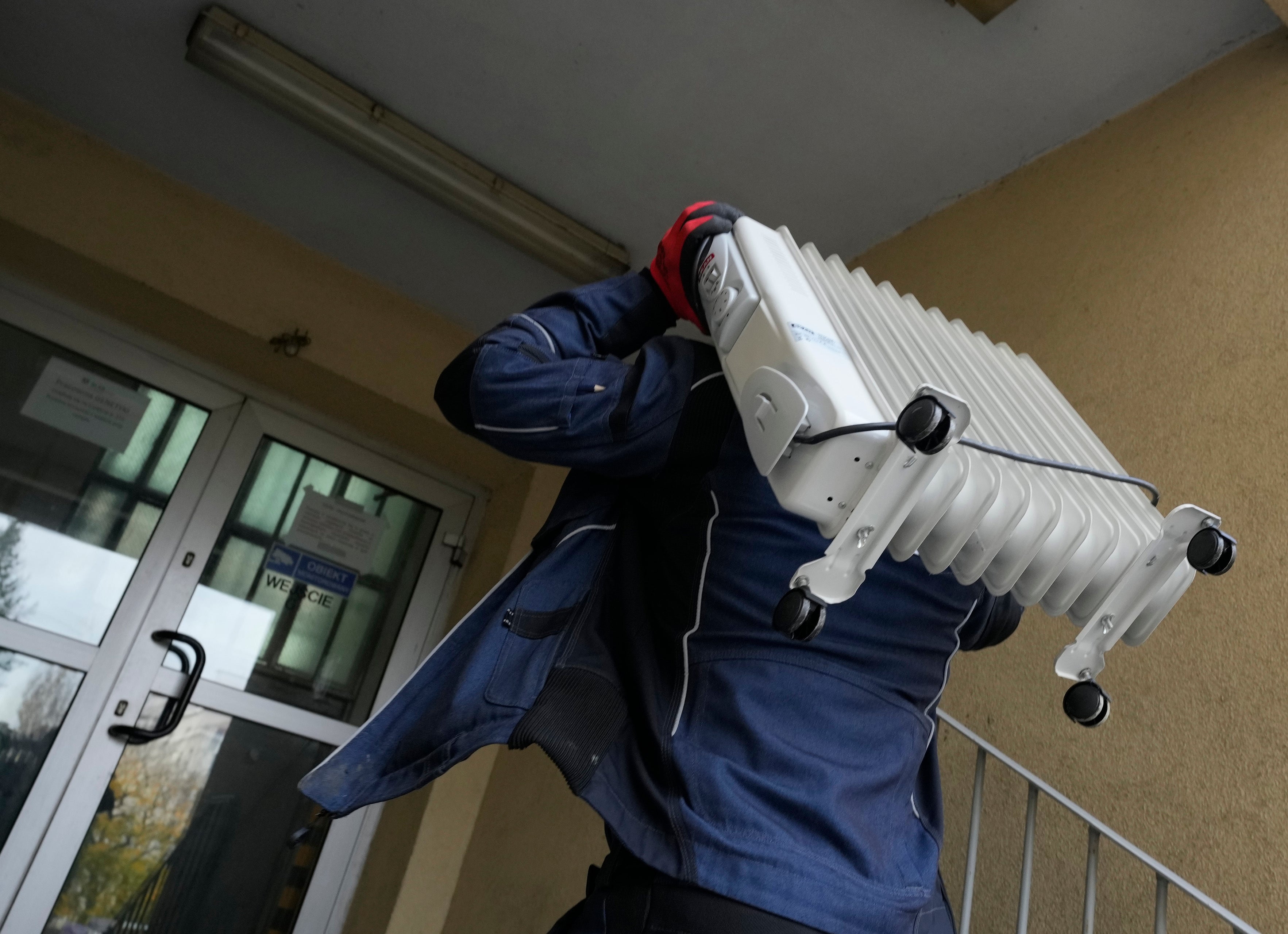Polish central bank raises interest rate as prices surge
Poland’s central bank has made its second interest rate hike in as many months as consumer prices surge

Poland's central bank on Wednesday made its second interest rate hike in as many months as consumer prices surge.
The National Bank of Poland raised the rate to 1.25%, indicating that it intends to move more forcefully against rising prices after facing criticism for not acting soon enough.
The move “suggests to us that it is taking the fight against inflation much more seriously than we had thought,” Capital Economics said in a note.
It comes after Eurostat the European Union’s statistics agency, said Friday that Poland's yearly inflation rate hit 6.8% in October. That's among the highest in the 27-member European Union
Inflation has been spiking worldwide in recent months because of soaring energy prices and pent-up demand during the pandemic recovery.
Consumer prices in Poland are at their highest in two decades — and appear set to rise even further.
The country's deputy finance minister, Piotr Patkowski, said Tuesday that he expected inflation to reach 8% by the end of the year.
But the head of the National Bank of Poland, Adam Glapinski, said at a news conference after the interest rate announcement that he foresees inflation peaking at 7% in January and then declining.
Glapinski described the price surge in Poland and beyond as part of the “global” price being paid for actions taken by governments and central banks to avoid “large-scale economic disaster” during the pandemic.
He said that thanks to huge government spending and the actions of the National Bank of Poland, which kept interest rates at historic lows through the pandemic, “it was possible to save the economy from a deep recession.”
But he also pointed to factors beyond Poland's control that are putting upward pressure on energy prices: Russian limits on gas exports, charges for greenhouse gas emissions imposed by the European Union, and oil prices set by OPEC
Poland’s government, which is socially conservative but favors social spending to even out income inequalities, says it is planning energy vouchers for low-income families to limit the impact of rising energy prices.
Bookmark popover
Removed from bookmarks